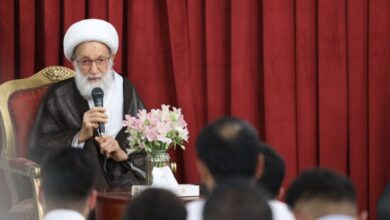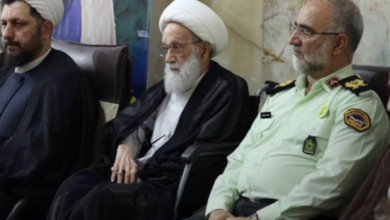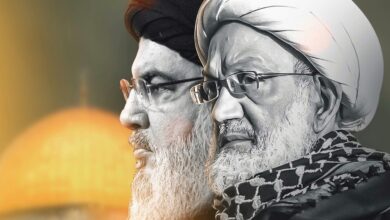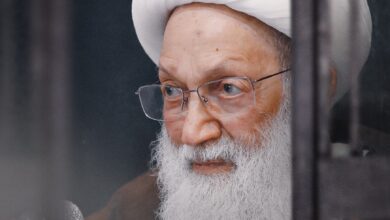Why do the moderates become fewer?
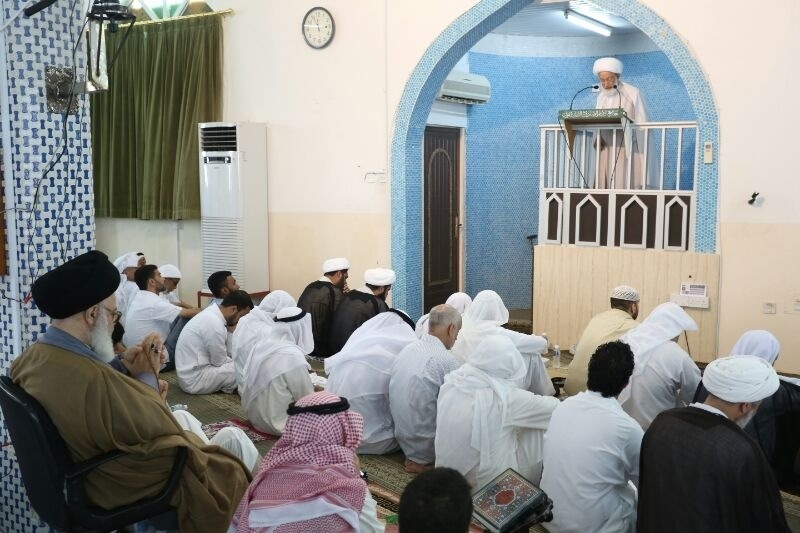
The political part of Ayatollah Sheikh Issa Qassim’s Friday sermon (23rd Aug 2013) in the Imam Sadiq Grand Mosque in Diraz:
Why do the moderates become fewer?
The political demands movements began quiet in the Arab world, but soon, some turned into a boiling situation with violent conflict and high levels of tension, and which led to a lot of loss.
Everyone, or the vast majority were moderate, and the regimes’ categorization of oppositions into extremists and moderates only came afterwards, in all or most countries.
When oppositions poured into streets in big numbers, and the image became more tensed and there were losses on both sides, the Arabic official media started to use the “terror” term. The number of people categorized by the media as extremists and terrorists and the number of people killed on streets and the number of the wounded and the wanted and the jailed all increased.
As the situation developed, there was an increase on the extremists and terrorists side, and atrophy on the moderates’ side, that is, according to the language of the Arabic media. Thus, given this indication, of the increase of the number of deaths, prisoners, the tortured and the wounded among oppositions, the regimes used more developed types of arms to face the peoples’ protests, and this was meant to be justified as a punishment to the oppositions.
A core question comes here, why did the numbers of extremists and terrorists from the oppositions increase in all Arabic countries that witnessed movements, some of which led to a revolution and a shrink in the moderate category.
Because the popular movements are just, many regimes stood rigid and rejected these demands and exaggerated in the use of lethal arms and severe violence. They didn’t listen to rational voices that called for dialogue and peaceful solution. The regimes in several countries used opposition’s violence, here or there, as a justification to its violence and repression and its giving of propriety to the security solution. However, its broad repression and use of violence and terrorism methods do not help in accepting this justification. Because all the movements, or at least most, did not resort to violence from the start, and the regimes’ violence is far more destructive and lethal, in quality and quantity.
In order to avoid a culture of mutual violence in any Arabic country, and to cut the roots of this anomalous phenomenon that destroys countries, and to avoid it turning into an accepted practice in the nation, and which will burn everything, the regimes in all Arabic countries- those that witnessed political movement or uprising and those that didn’t- must start reforming their political situations to fulfill the just aspirations of the peoples. For the mercy of the nation, the entire nation, including all its countries and factions, and the governments are not excluded from this frame.

